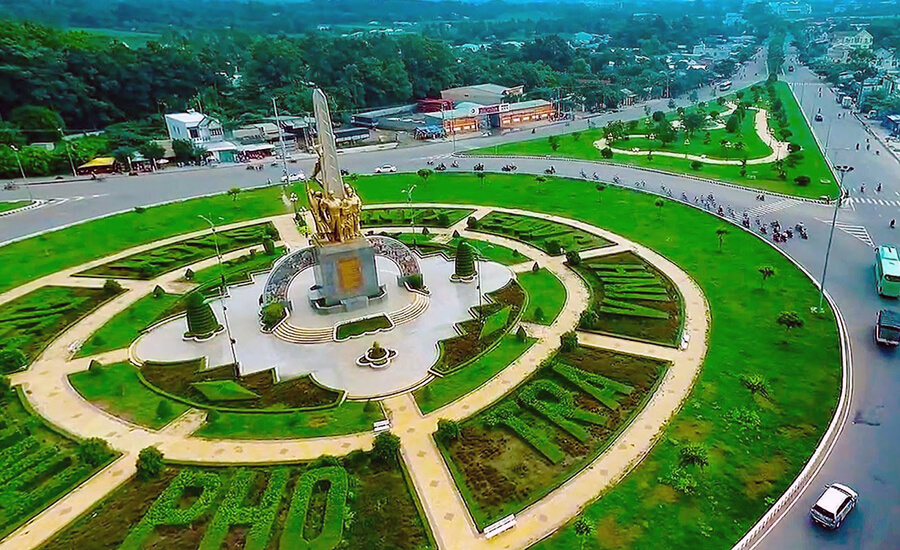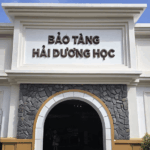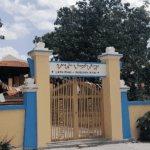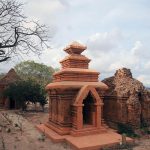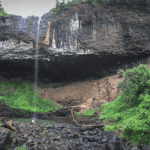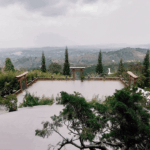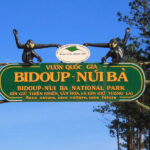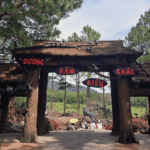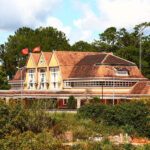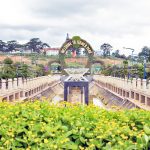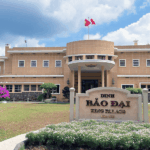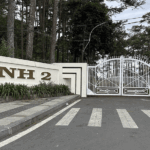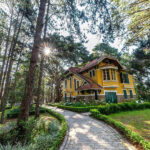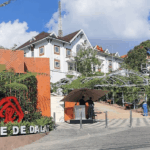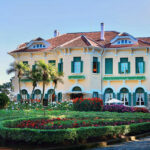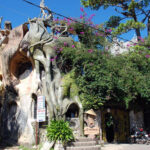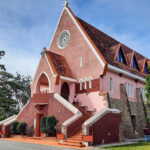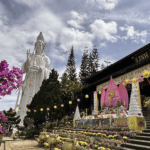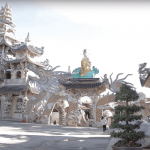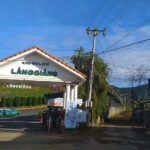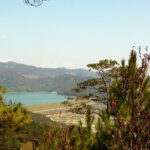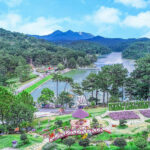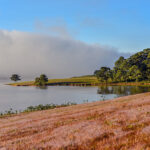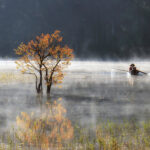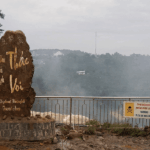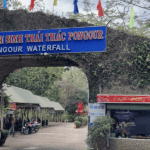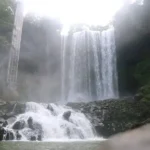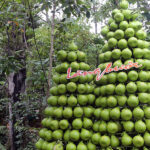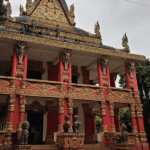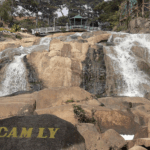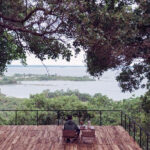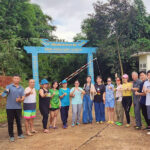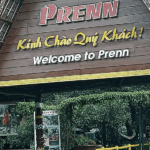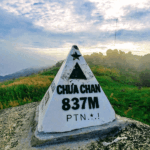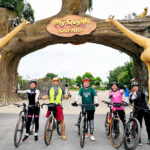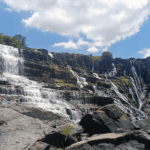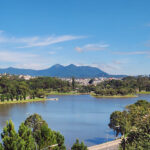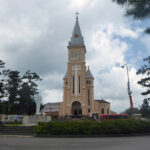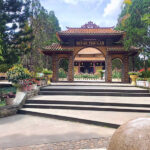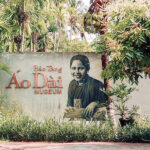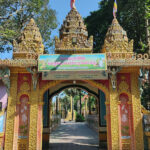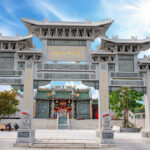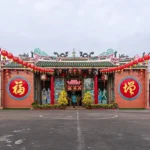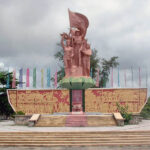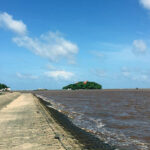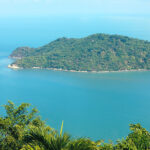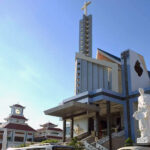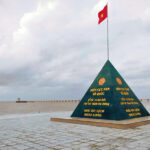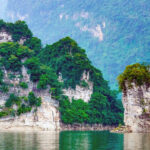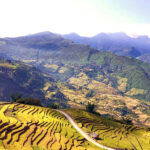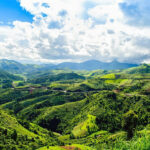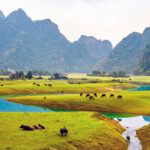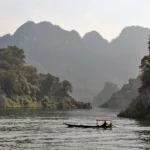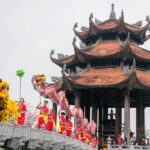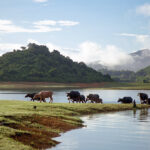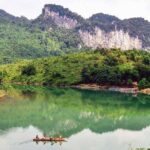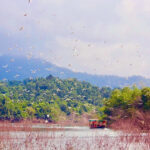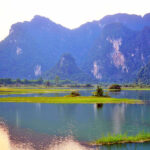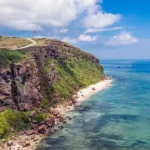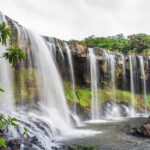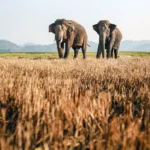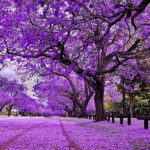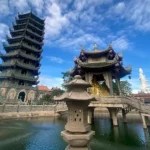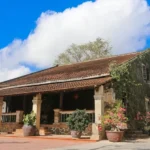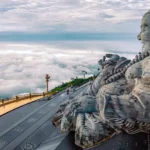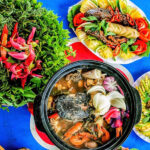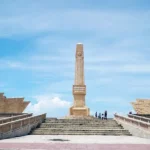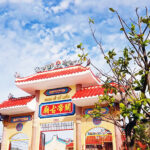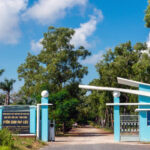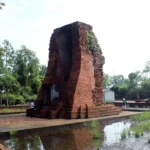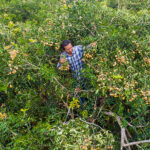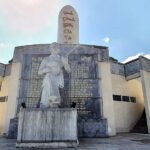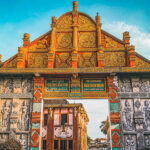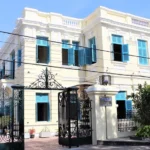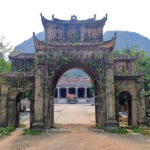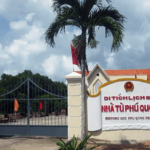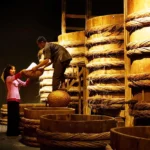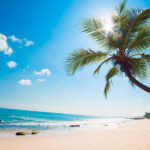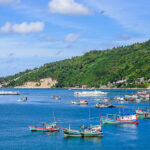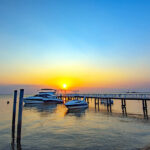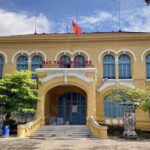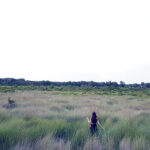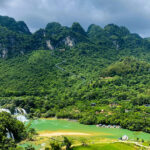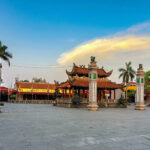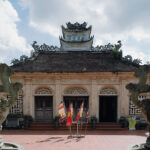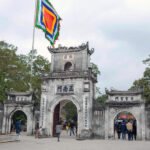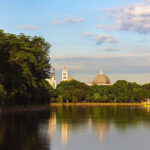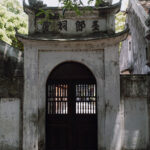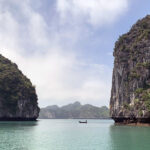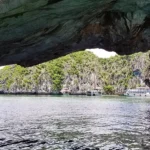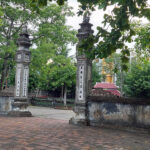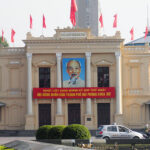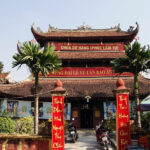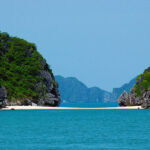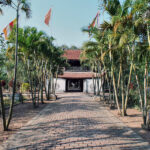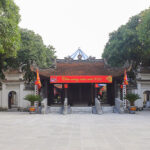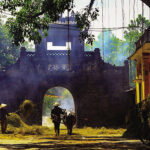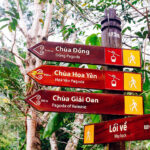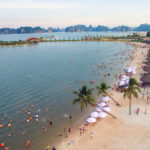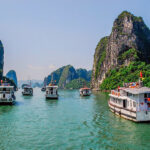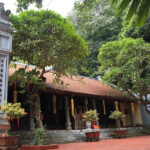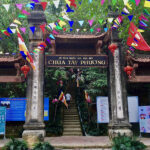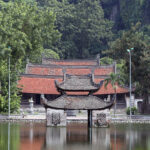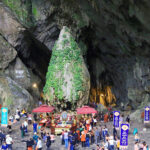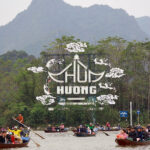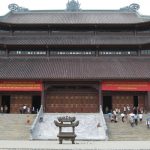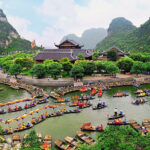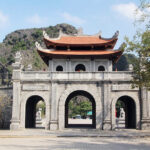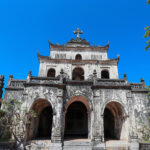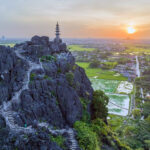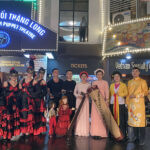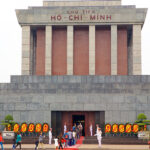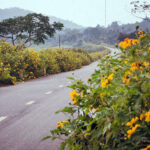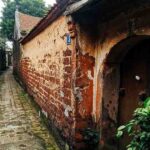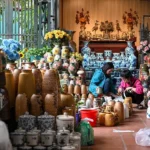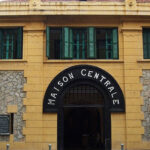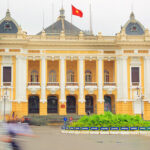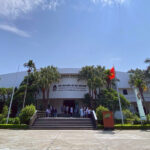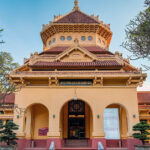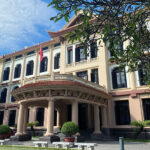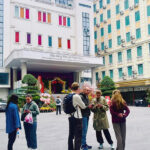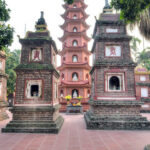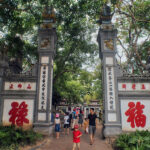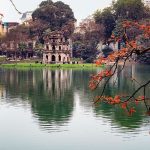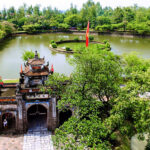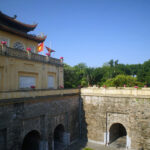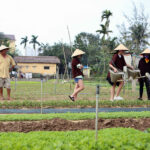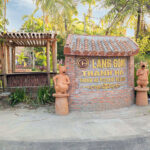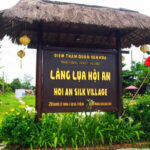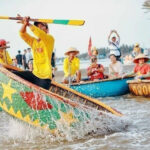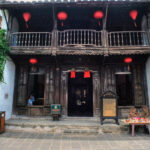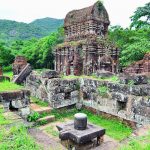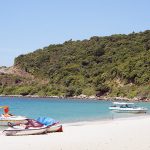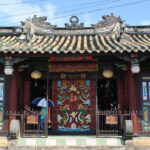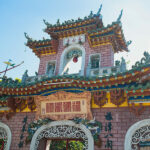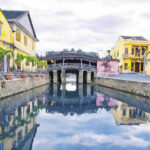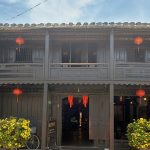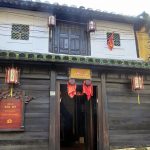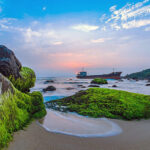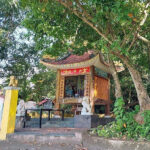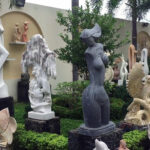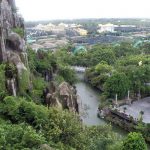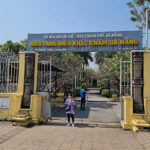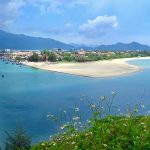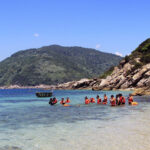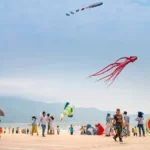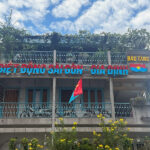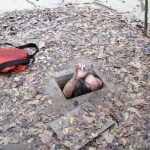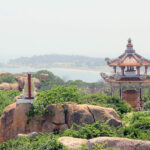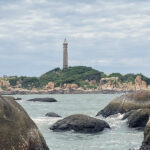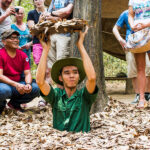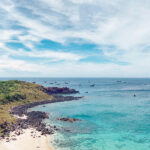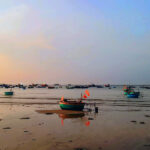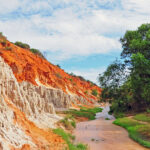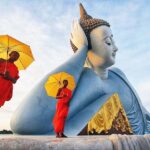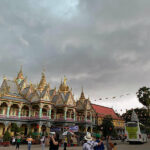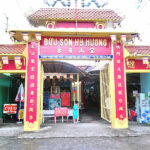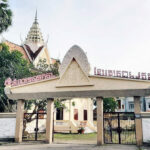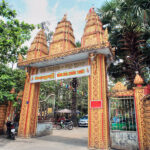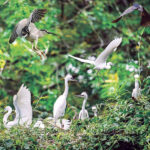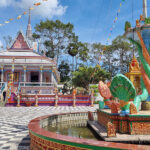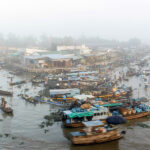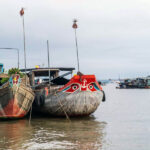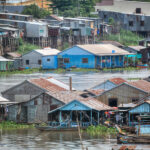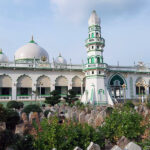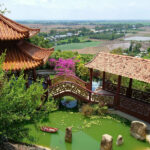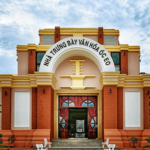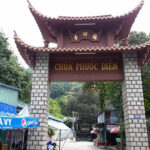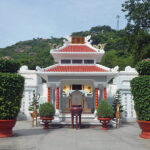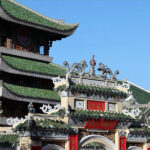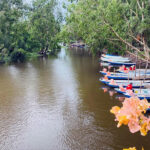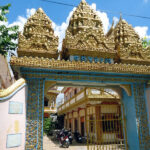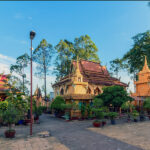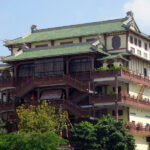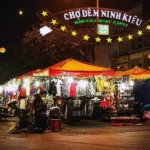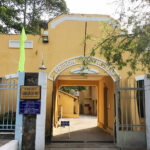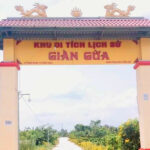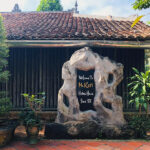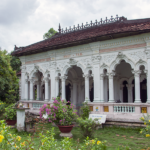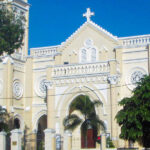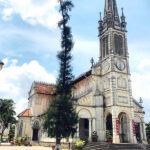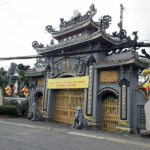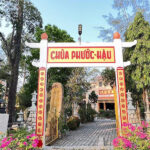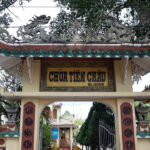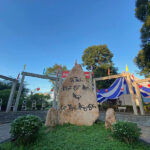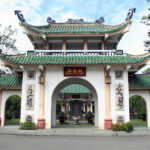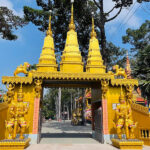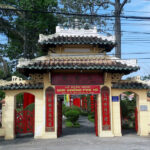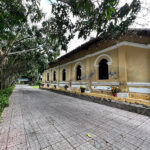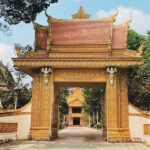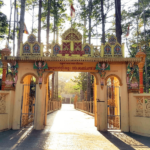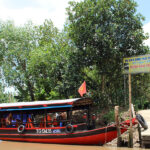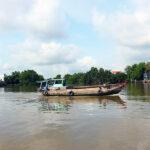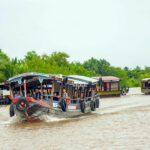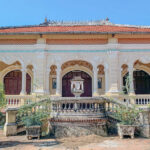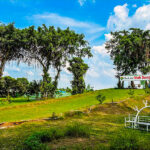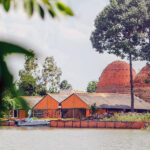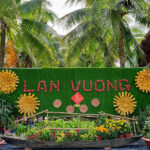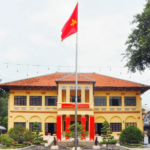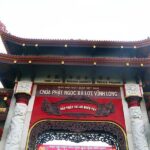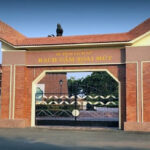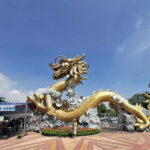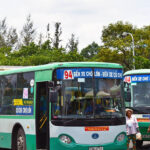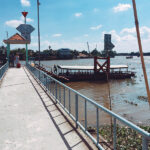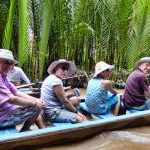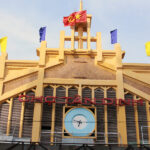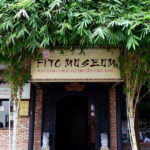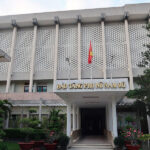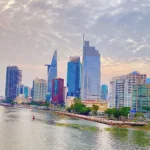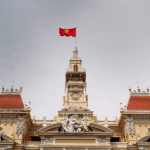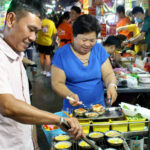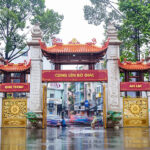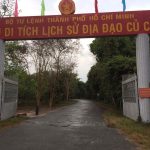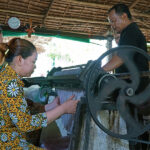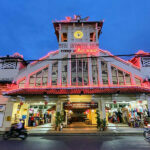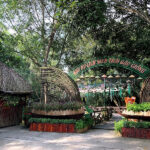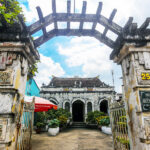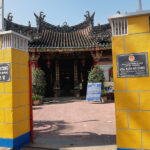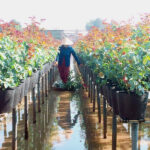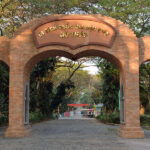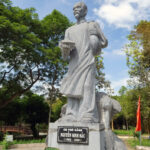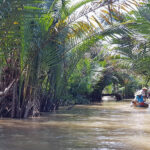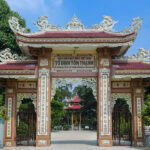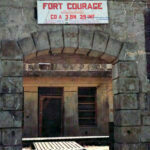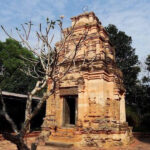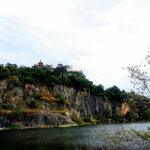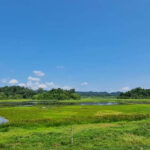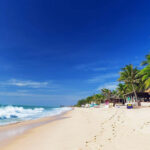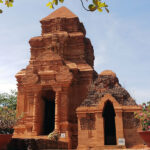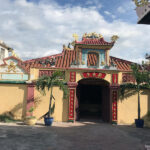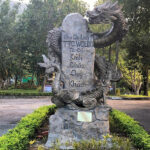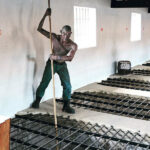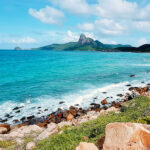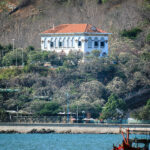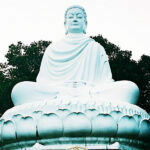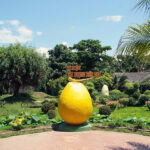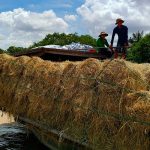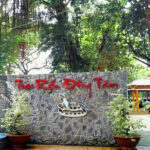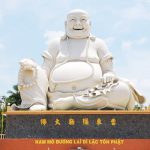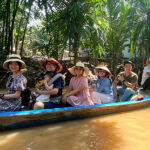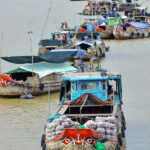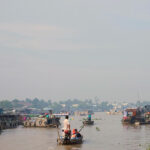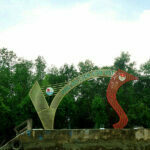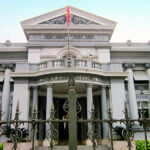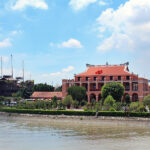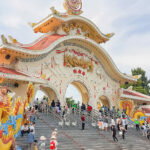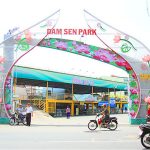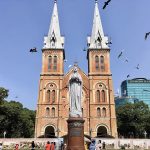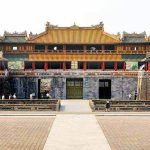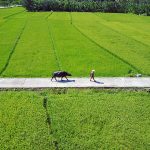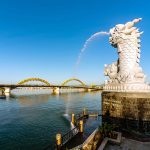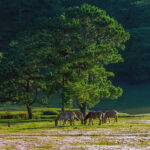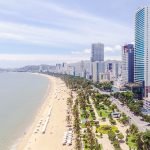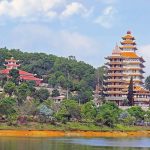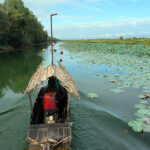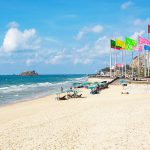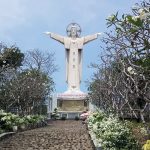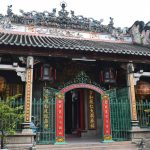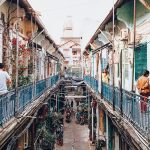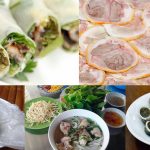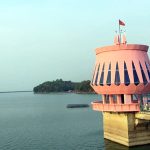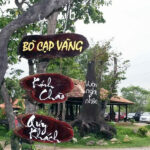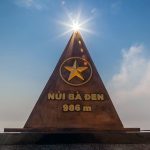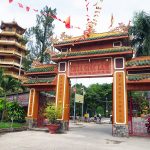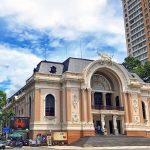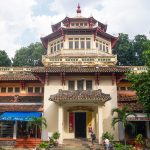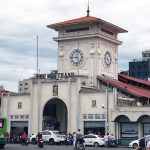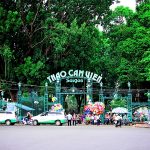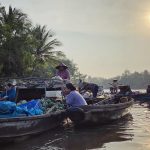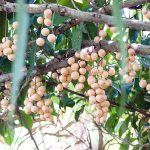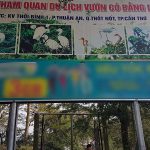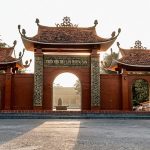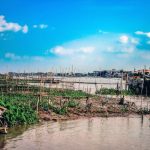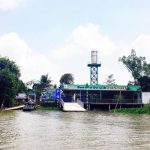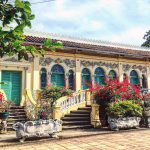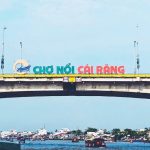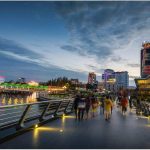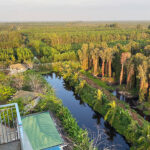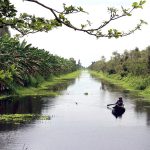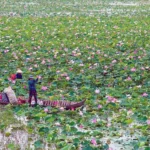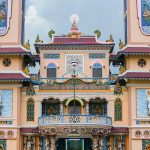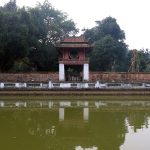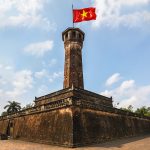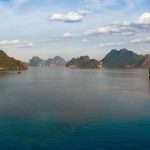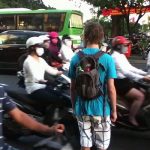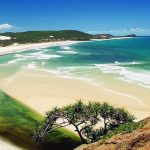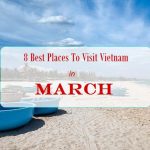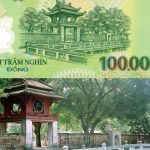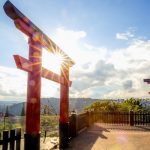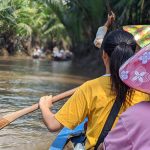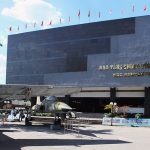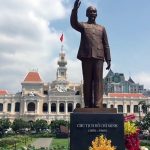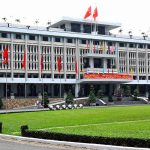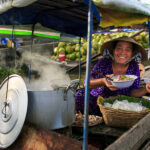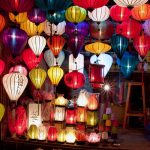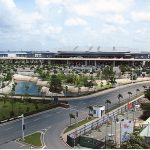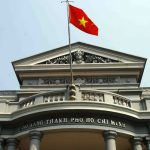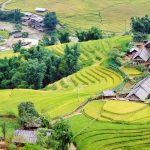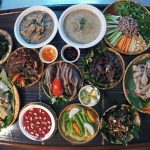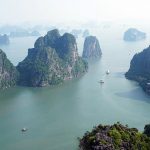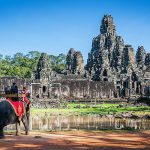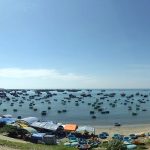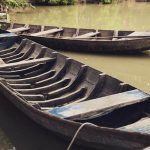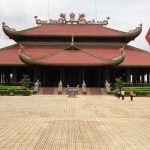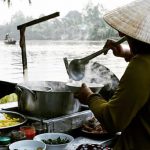Tra Vinh is located in the Mekong Delta, bordering the provinces of Ben Tre, Vinh Long, Soc Trang, between the Tien and Hau rivers. With a favorable location, many famous landmarks, cool climate, friendly people and many delicious specialties, exploring Tra Vinh will certainly bring visitors many wonderful emotions.
Table of Contents
General information about Tra Vinh
Tra Vinh has a flat terrain, equatorial climate with two distinct rainy and dry seasons. The average temperature in Tra Vinh is high, about 28 degrees Celsius and hot all year round. The rainy season here usually lasts from May to November and the dry season from December to April of the following year.
Transportation in and in Tra Vinh
If traveling by air, Tan Son Nhat airport in Ho Chi Minh City and Can Tho are the closest destinations, then visitors take a bus to Tra Vinh city.
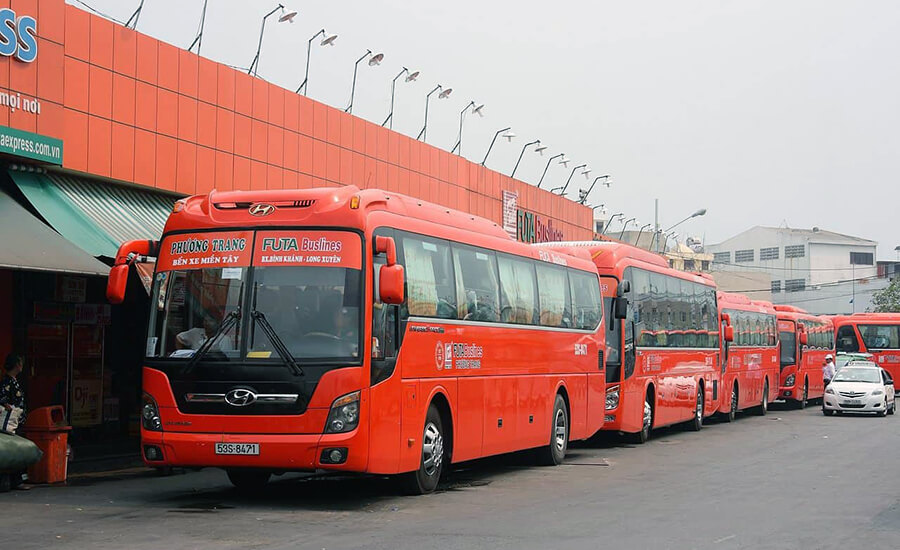
Phuong Trang (Futa) – one of a regular bus to Tra Vinh
From Ho Chi Minh City, visitors should depart from Mien Tay bus station, travel time is about three hours. One-way bus fares range from 150,000 VND to 200,000 VND depending on the bus company, vehicle type and destination. Suggested bus companies: Phuong Trang (Futa), Kim Hoang, Tan Thanh Thuy, Tan Phuoc Tai. Located nearly 130 km from Ho Chi Minh City, visitors can also choose to travel by motorbike or private car to Tra Vinh.
For sightseeing, motorbikes, private cars and taxis are flexible forms of transportation. Motorbike rental prices are around 100,000 – 150,000 VND per day (exclude fuel).
Accommodation
The province’s accommodation areas are mainly concentrated in Tra Vinh city. In Tra Vinh city, visitors can choose hotels such as The Rose, Van Thai Binh, Tra Vinh Lodge, Vilabasi Thap Co, with prices ranging from 500,000 VND to one million VND per night. Motels and homestays such as Malis homestay, Huynh Yen, Lucky have prices ranging from 150,000 VND to 300,000 VND.
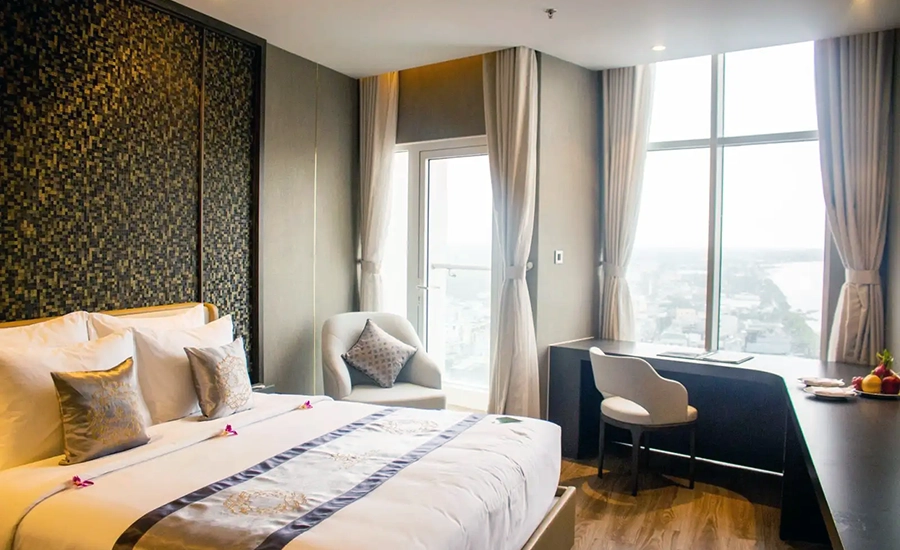
Source: collected
Hotels located in the center of Tra Vinh city, on Hung Vuong, Ly Thuong Kiet, Pham Thai Buong streets are places near the bustling center, visitors can choose to stay and combine night culinary experiences.
Famous tourist destinations in Tra Vinh
Ba Om Pond
Located in Ward 8, Tra Vinh City, Ba Om pond has been attracting a lot of visitors to Tra Vinh. The pond is 500 m in length and 300m in width and its water is always tranquil, clear and blue. It is surrounded by hillocks and many old sao and dau whose roots emerge on the ground and form numerous odd shapes that create a unique beauty.
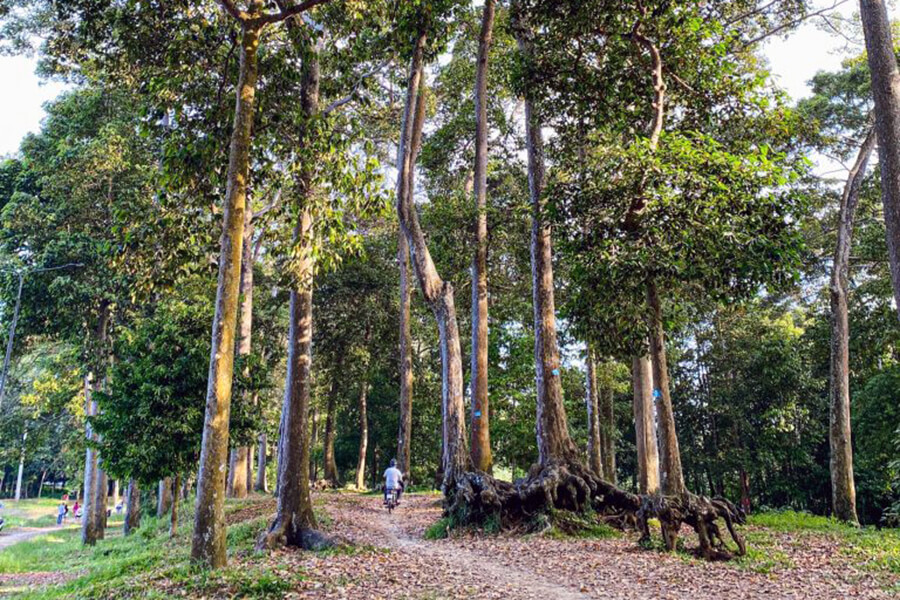
The atmosphere is cool and pure all the year around. In the afternoon, flocks of birds perch on the trees and make this area exciting and noisy.
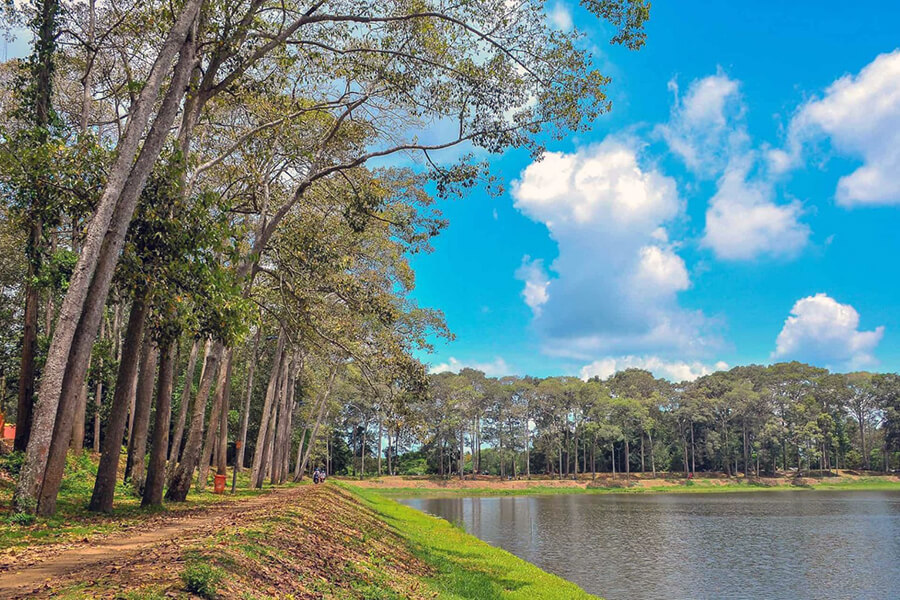
On annual holidays such as Oc Bom Boc, Ba Om Pond is a place for Khmer people to gather, dance and release lanterns which attracting a large number of tourists to participate. Ba Om pond was recognized as a National Historical and Cultural Relic – a Scenic Landscape in 1996.
Ang Pagoda
Ang Pagoda in Khmer is Angkorajaborey Pagoda, located on Highway 53, in Hamlet 4, Ward 8, Tra Vinh City, about 5 km from the city center. The pagoda was built in the 10th century and restored in 1842. This is one of the oldest pagodas in Tra Vinh and represents the unique architecture of the Khmer pagoda system.
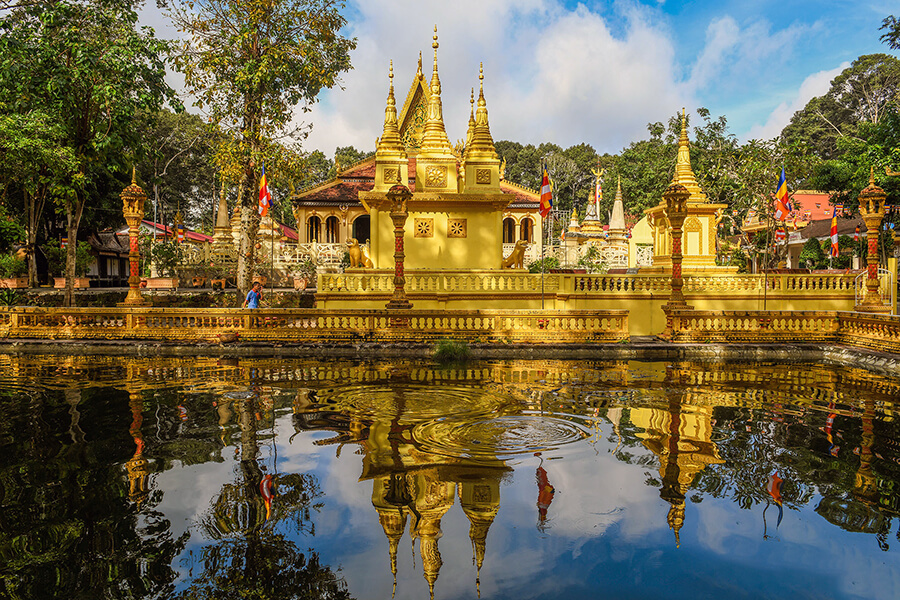
Ang Pagoda is a harmonious combination of the sophisticated decorative art of Khmer culture and the colorful design of Angkor culture. From the gate, the roof mound, the pagoda pillars to the interior architecture, all are dressed in the symbolic coat of bird heads, fairies and the snake god Naga. The exterior of the pagoda stands out with pillars decorated with many bird head statues and a curved roof.
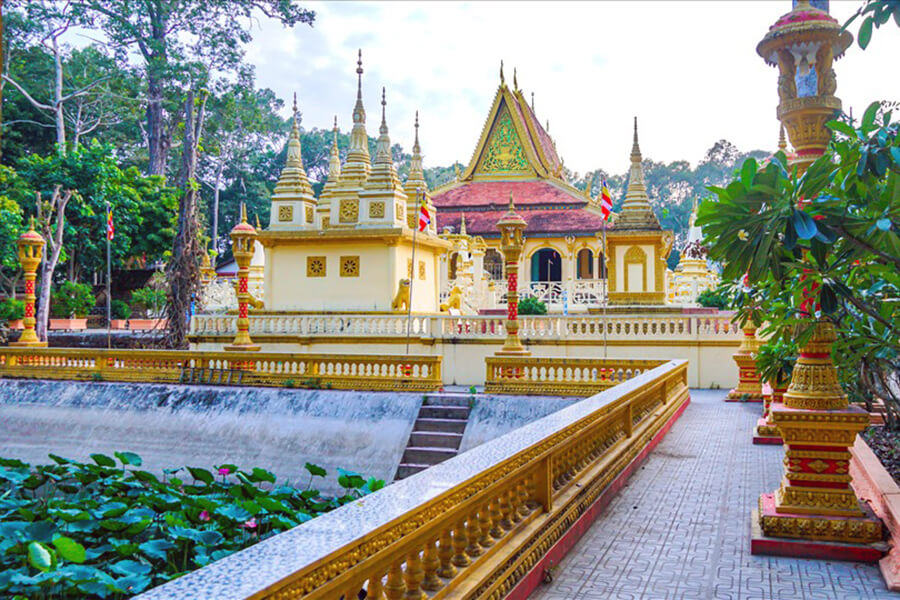
Ang Pagoda brings a feeling of closeness to nature with hundreds old trees of Ba Om pond. The architecture of the pagoda is ancient and unique and it was recognised as a National Heritage Site.
Hang Pagoda
Hang Pagoda or Kompong Chray is a Southern Buddhist pagoda located on Highway 54 in Chau Thanh district, 4 km from Tra Vinh city. It is called Hang Pagoda (in Vietnamese language, hang means cave) because the pagoda gate is built like a system of three caves next to each other.
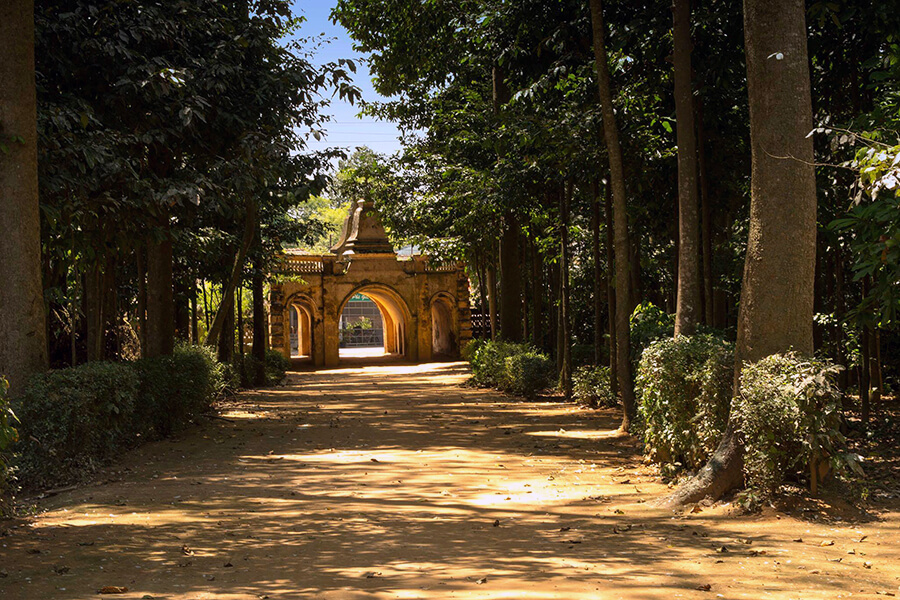
Source: collected
In which, the main gate in the middle is a large cave, the two gates on either side are two small caves. All three gates are solidly built with 12 m thick walls, creating the feeling of standing in the gate as if in a cave.
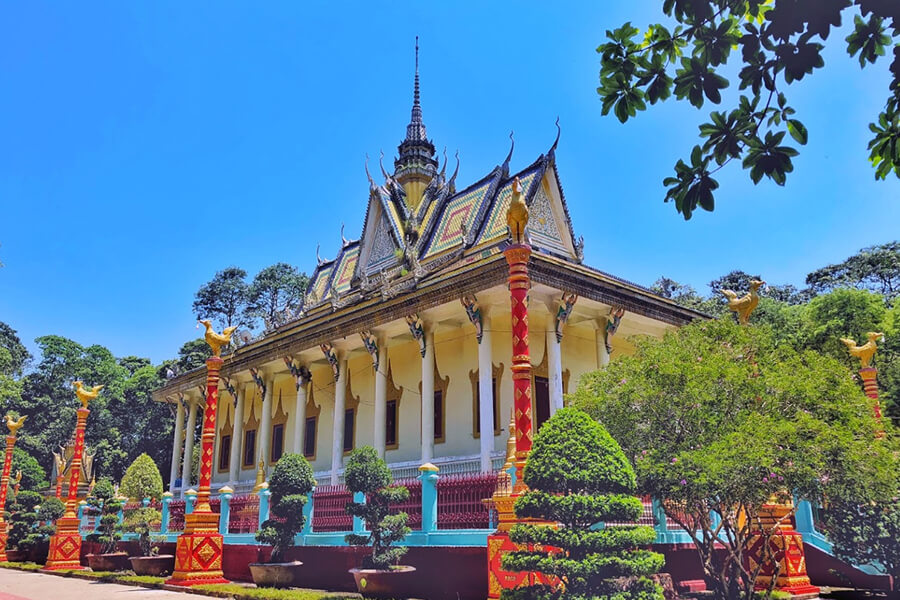
The pagoda is over 300 years old, bearing the mark of Khmer pagoda architecture, located in the middle of a campus of more than 2 hectares of green trees, including sao and dau, which is home to many species of birds and bats. This is a place visited by many tourists when coming to Tra Vinh because of the fresh and quiet air.
Vam Ray Pagoda
Vam Ray Pagoda is about 35 km from Tra Vinh City, located in Vam Ray Hamlet, Ham Tan Commune, Tra Cu District. The pagoda was rebuilt in 2004 from the foundation of the old pagoda destroyed during the war. Vam Ray Pagoda is considered one of the most beautiful Khmer pagodas in the Mekong Delta.
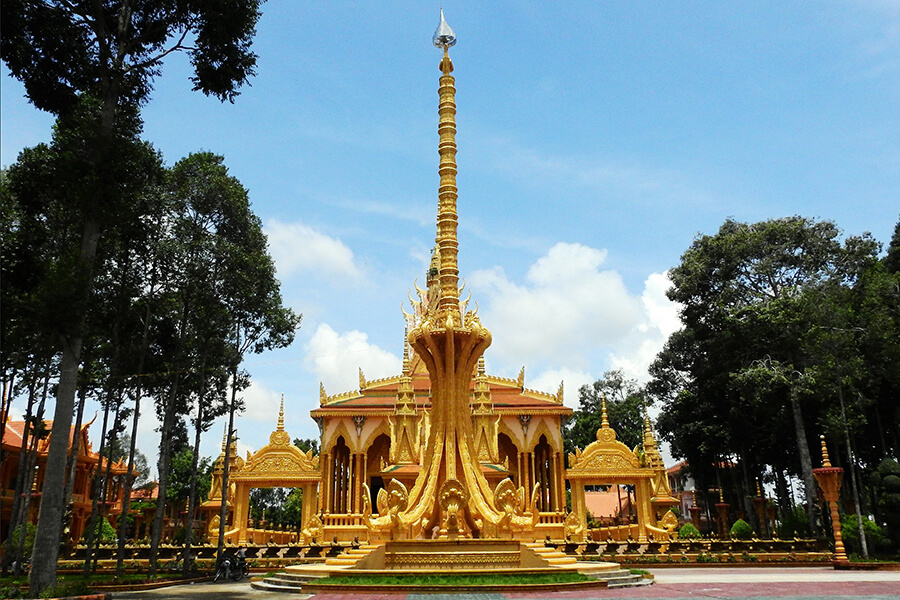
The pagoda has a palace-like architecture painted in gold from the dome, walls, columns, pillars to the decorative reliefs of the 4-faced saint Maraprum, the goddess Kayno with the shape of half human and half bird, the Yeak dragon, the Marakrit bird god. In particular, the pagoda has a statue of Buddha entering nirvana 54 m long, 20 m high, 16 m wide, painted with red lacquer and gilded with gold.
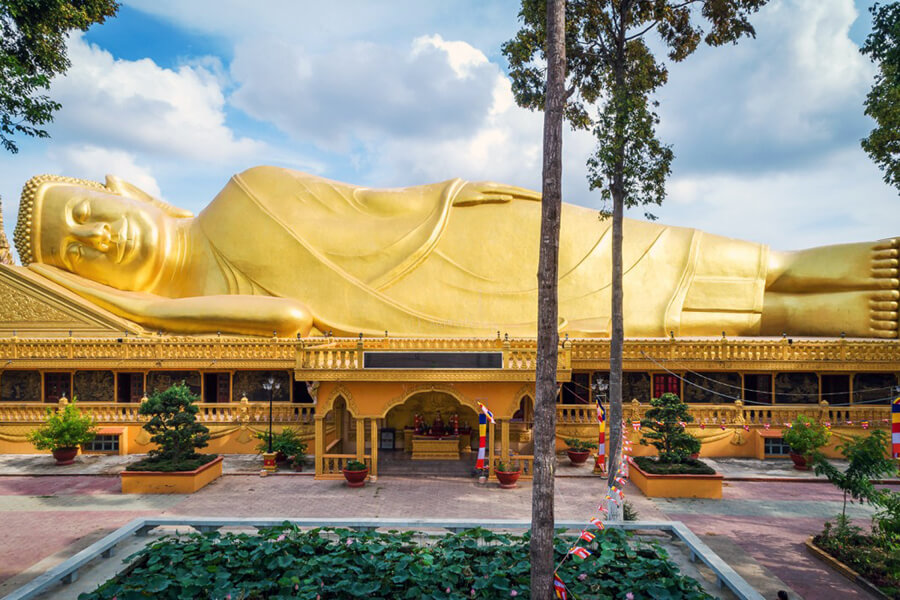
Ba Dong Beach
From the center of Tra Vinh City, visitors travel by motorbike about 55 km. Visiting Ba Dong beach, in addition to relax, visitors can take photos with the Wind Power project with 12 turbines facing Dan Thanh commune. Wind power has become a new check-in spot for young people when coming to Tra Vinh.
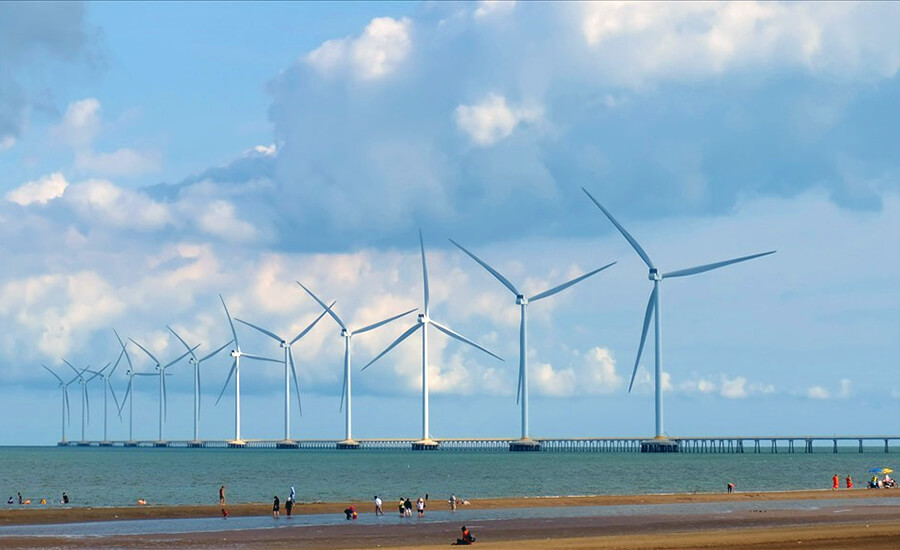
Ba Dong Beach has a long stretch of fine white sand, surrounded by rows of cool green coconut trees. The sea water is clear and cool, an ideal place for tourists to swim, have fun and relax. In addition to swimming, visitors to Ba Dong Beach can also participate in other fun and recreational activities such as: fishing, visiting eco-tourism areas, etc.
Rung Duoc (Mangrove Forest) Ecotourism Area
Just about 9 km from Ba Dong beach, Duyen Hai district also has a mangrove forest stretching through Long Vinh, Dong Hai and Long Khanh communes. In which, the forest in Long Khanh commune is 882 hectares wide, with beautiful scenery, the habitat of mangroves, brackish water fish.
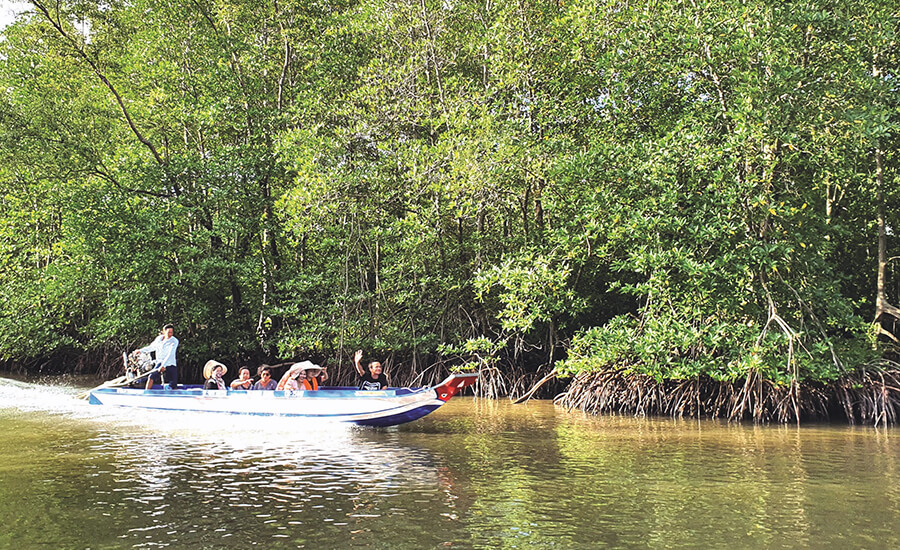
Visiting the mangrove ecological area, visitors can find homestays near the mangrove forest to stay and experience the mangrove forest, catch shrimp, crab with local people and enjoy fresh seafood.
Tra Vinh Khmer Ethnic Culture Museum
Tra Vinh Khmer Ethnic Culture Museum is a famous cultural tourist destination. It attracts a large number of domestic and foreign tourists to visit and learn about the culture and history of the Khmer people.
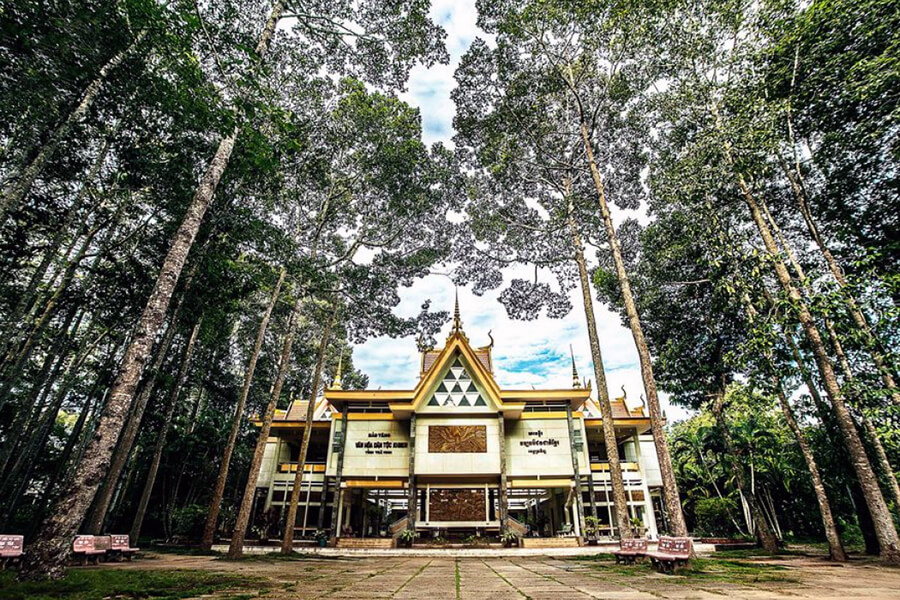
This attraction is located in Ward 8, Tra Vinh City, about 5km from the city center. The museum is built in an architectural style that combines traditional and modern, with an area of over 1,700m².
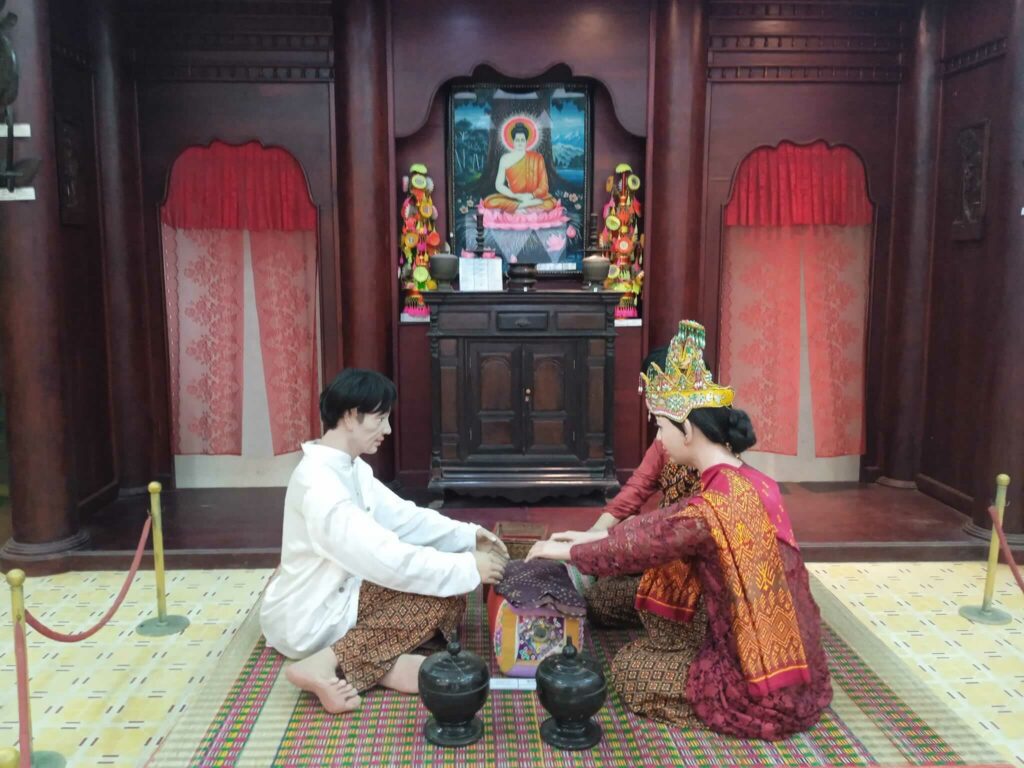
Khmer wedding ceremony
Currently, the museum is preserving and displaying more than 800 artifacts, images, documents…. reflecting the material and spiritual cultural life of the Khmer ethnic community in Tra Vinh from traditional to contemporary. The artifacts displayed at the museum are divided into many main topics include: material culture, spiritual culture, art, history, modern life, …
Tan Quy Islet
Tan Quy Islet is a small island located in the middle of Hau River. It is divided into two parts: the majority belongs to Tra On district, Vinh Long province and a small part belongs to Cau Ke district, Tra Vinh province.
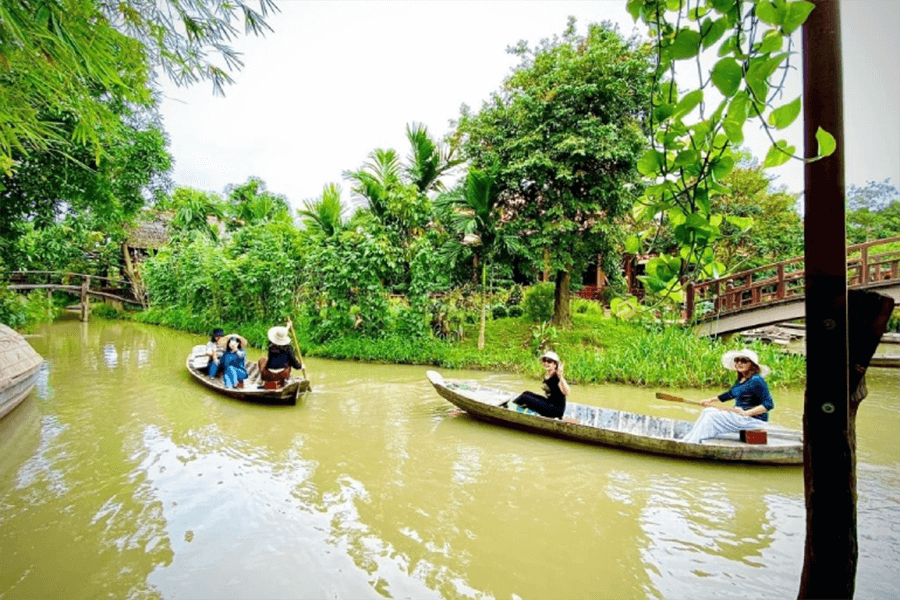
This place is famous for its fruit-laden orchards such as: rambutan, longan, durian, mangosteen, … In particular, Tan Quy mangosteen is known as the “king of mangosteen” because of its high quality and delicious flavor.
Nodol Pagoda
Nodol Pagoda, also known as Co (Stork) Pagoda. It is a Khmer pagoda located in Giong Lon hamlet, Dai An commune, Tra Cu district. Built in 1677 and is one of the oldest Khmer pagodas in Vietnam.
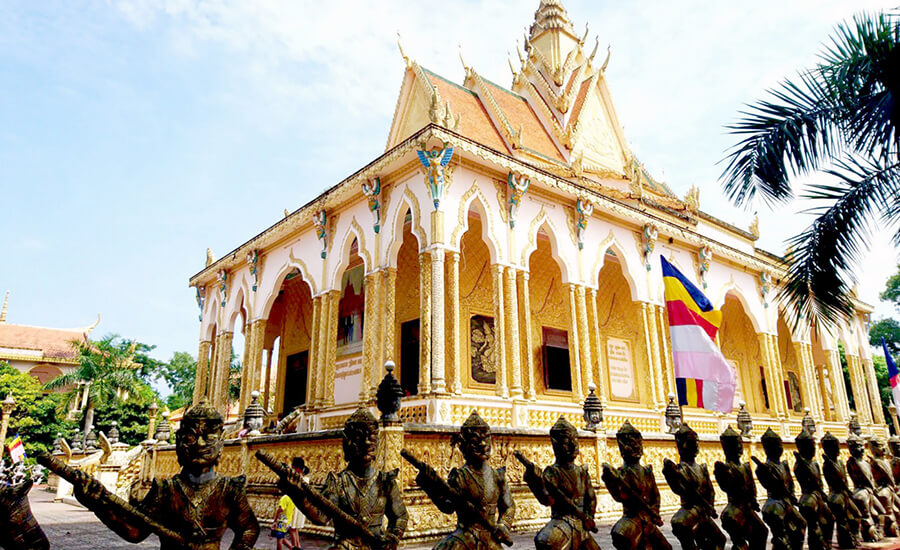
Nodol Pagoda was greatly influenced by Khmer architecture with curved tiled roofs shaped like a dragon’s tail. The pagoda is surrounded by bamboo trees and other type of plants.
The most special feature of Co Pagoda is the appearance of thousands of storks living in the pagoda grounds. Every day, flocks of white storks, ibises, pigeons, etc. fly over the tiled roofs, tree canopies, and tower tops. Creating an extremely unique and impressive scene.
Mac Bac church
Mac Bac church is one of the largest and most famous Catholic churches in the Mekong Delta region. Located in Cau Quan town, Tieu Can district, Tra Vinh province. The church was built in 1886, according to the drawings of architect J. Bourad. This is considered a miniature copy of Saigon Notre Dame Cathedral.
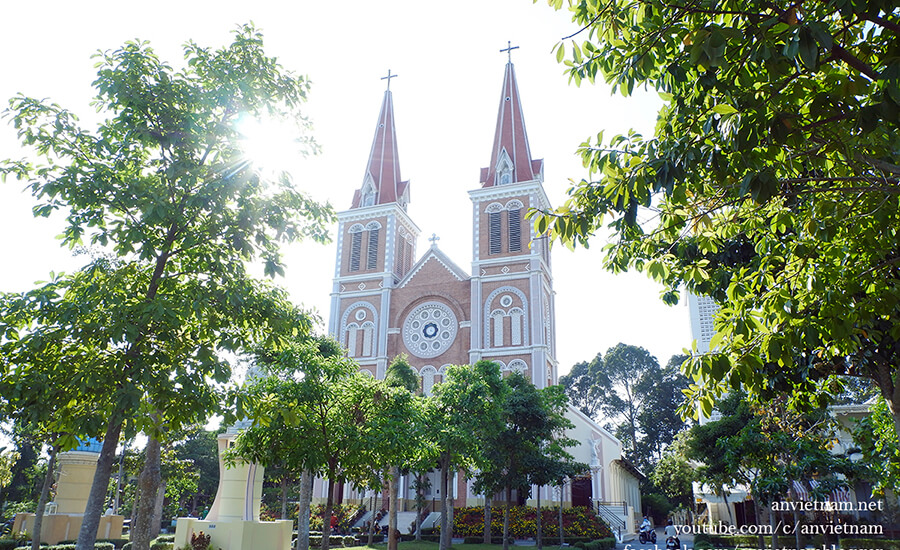
Source: collected from anvietnam
Mac Bac Cathedral has Gothic architecture, with soaring domes, colorful stained glass windows, bearing the mark of Mekong Delta culture. The cathedral is 60m long, 24m wide, with a capacity of up to 2,000 people. Inside the cathedral, the architectural works are solemnly decorated, with statues carved elaborately.
Truc Lam Tra Vinh Zen Monastery
Truc Lam Tra Vinh Zen Monastery, also known as Truc Lam Pagoda. It is a Buddhist temple belonging to the Truc Lam Yen Tu Zen sect, located in Khoan Tieu hamlet, Truong Long Hoa commune, Duyen Hai town, Tra Vinh province. The pagoda was built in 2016, following the traditional architectural style of Vietnamese Buddhism.
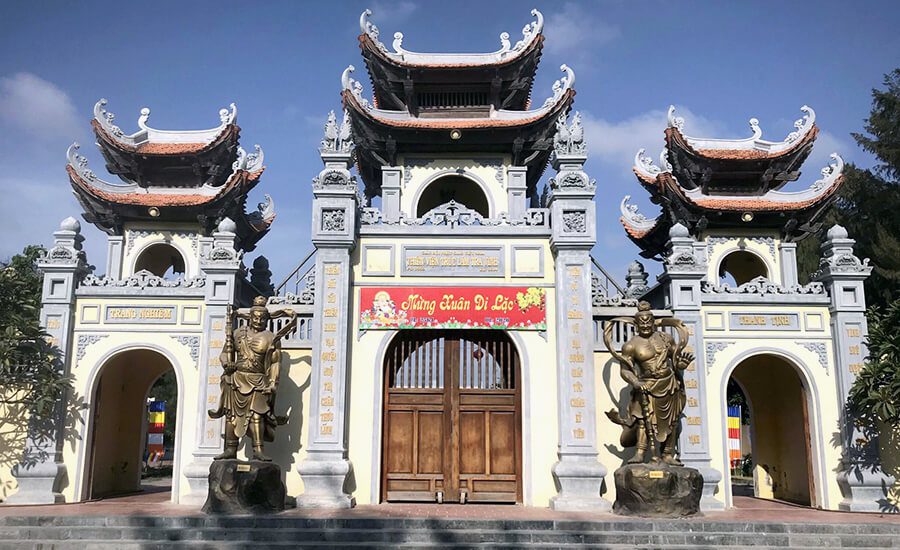
Truc Lam Tra Vinh Pagoda has an area of about 100 hectares, with many outstanding architectural items such as:
- Main hall: A place to worship Buddha Shakyamuni. Built in an ancient architectural style, with curved tiled roofs, elaborately carved.
- Ancestor House: A place to worship the founders of the Truc Lam Zen sect.
- Bell tower, drum tower: A place to ring bells and drums to announce the time to chant sutras, recite Buddha’s name…
- Buddha Shakyamuni statue: this open-air statue is the largest Buddha statue in the Mekong Delta. Located on a high hill, overlooking the East Sea.
Phuoc Minh Cung
Phuoc Minh Palace is also known as Quan Thanh De Pagoda or Ong Pagoda, which is a religious establishment of the Chinese in Tra Vinh. As the name of Quan Thanh De Pagoda suggests, the deity worshiped at this Tra Vinh tourist destination is Guan Yu, a Chinese military general serving under the warlord Liu Bei during the late Eastern Han dynasty of China.
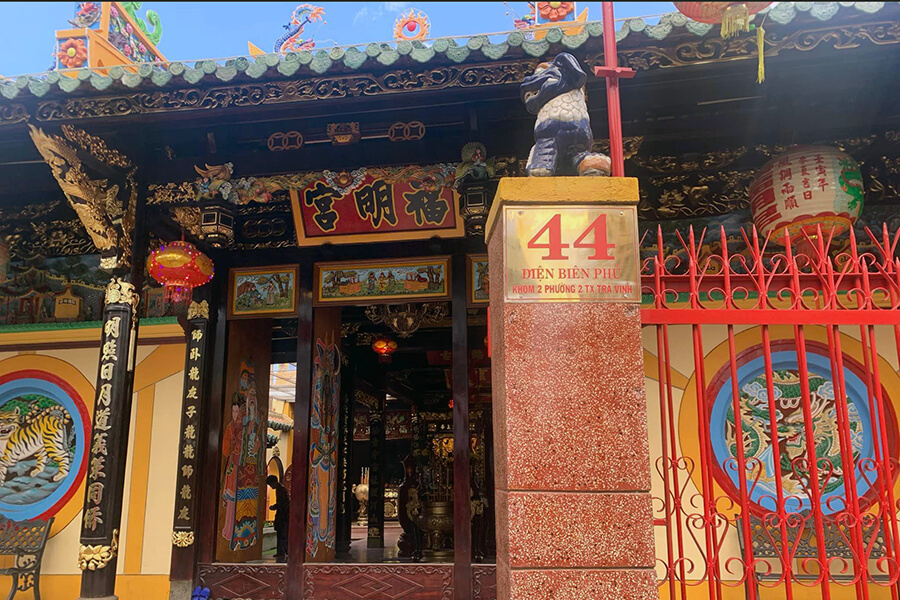
Ong Met Pagoda
Ong Met Pagoda or Bodhisàlaraja Pagoda of Khmer Theravada Buddhism has extremely high artistic value. In 2009, Ong Met Pagoda was ranked as a national historical – cultural relic, an architectural art form by the Ministry of Culture, Sports and Tourism.
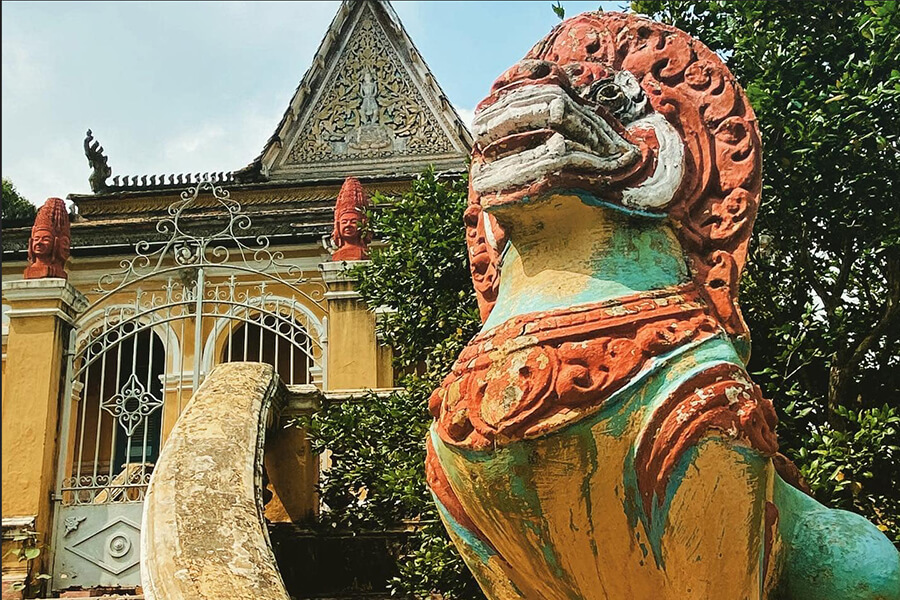
Inside the main hall of the pagoda, there are 32 pillars made of precious wood, divided into 4 rows and each column head with a horizontal crossbar is carved, painted with red and gilded gold.
Tra Vinh specialties
Tra Vinh has a culinary fusion of three ethnic groups: Kinh, Khmer and Hoa, creating typical dishes that attract tourists such as bun nuoc leo, bun suong, chao am.
Bun nuoc leo
The main ingredient of this dish is bo hoc sauce, which is typical of Khmer cuisine. Bo hoc sauce is mixed and fermented from many types of fish, fragrant and soft. When cooking the broth, the fish sauce is carefully sifted, the bones are removed, and cooked with ingredients such as lemongrass, shredded snakehead fish, straw mushrooms, and pig’s blood.
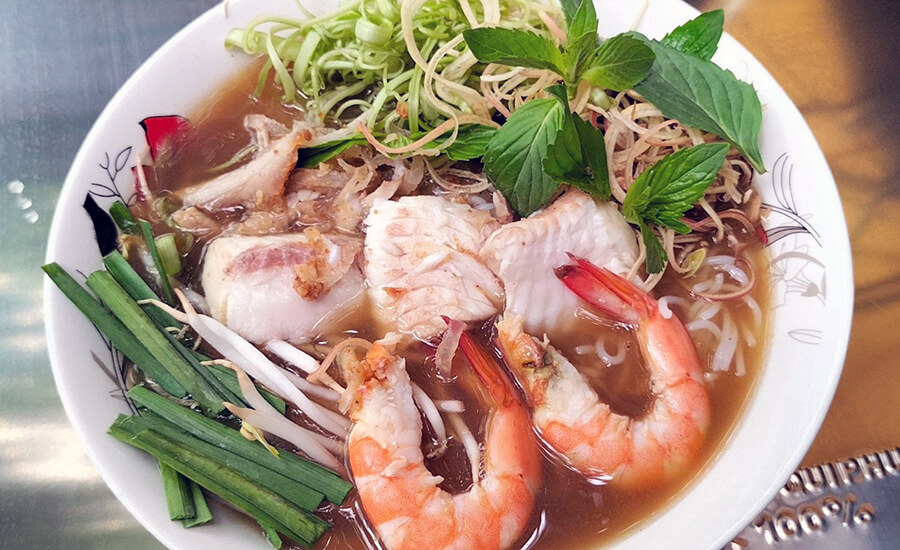
Bun nuoc leo is often eaten with spring rolls, cong cake and roasted pork depending on preference. To balance the taste of the fish sauce, when eating, customers will add raw vegetables such as banana flowers, chopped lotus flowers, bean sprouts and herbs.
Suong noodle soup
Suong noodle soup is a noodle dish served with shrimp cake. The fresh shrimp is marinated with spices, ground and shaped into 3cm – 5cm long. To make the shrimp cake chewy, the cook must knead them many times to get a chewy texture. The patties are put into the pot and boiled for another 5 – 10 minutes until they float and turn yellow.
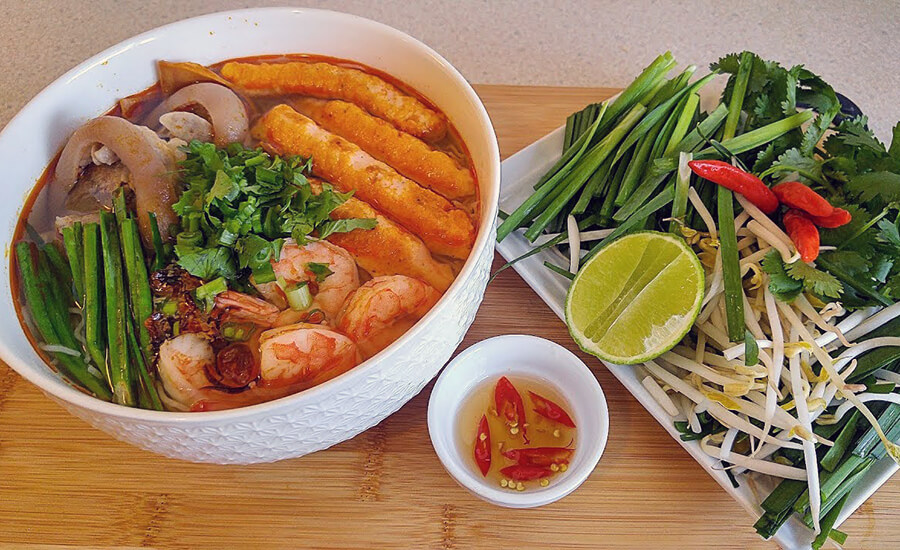
The broth is simmered with pork bones, soy sauce and tamarind to create sourness and seasoning. To make the noodle bowl more appealing, the cook adds boiled pork belly, blanched bean sprouts, lettuce and serves with shredded white cabbage. The dipping sauce is a mixture of ground soy sauce and chili.
Am porridge
Am porridge is made from snakehead fish. The cook chooses fresh fish, boils and removes the bones, then stir-fries with onions. The fish eggs are beaten until smooth and then added to the porridge pot cooked from the fish broth. The accompanying ingredients include dried onions, dried shrimp, and dried squid.
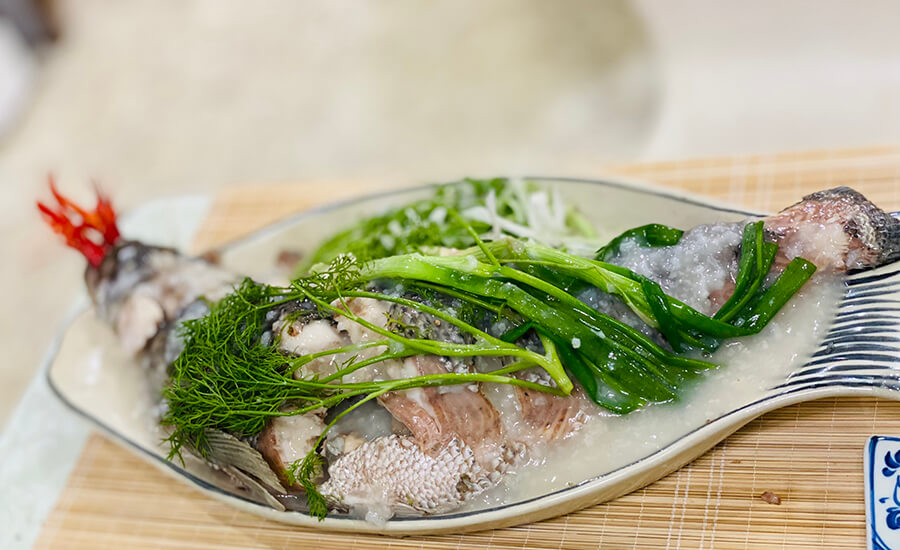
Am porridge needs to be seasoned with fish sauce, crushed bean paste, minced chili, stir-fried until thick with garlic, ground pepper, and crushed roasted peanuts. The porridge is served with chopped raw vegetables, onions, cilantro, blanched bean sprouts, and crushed crispy toasted sesame rice paper.
Ben Co noodle soup
The noodle soup dish with broth simmered from pork bones ensures clarity. To do this, the cook must choose fresh marrow bones, while simmering, regularly skim off the foam. The noodle soup is often served with pork leg, lean meat, muscle meat, heart, liver, and intestines depending on preference.
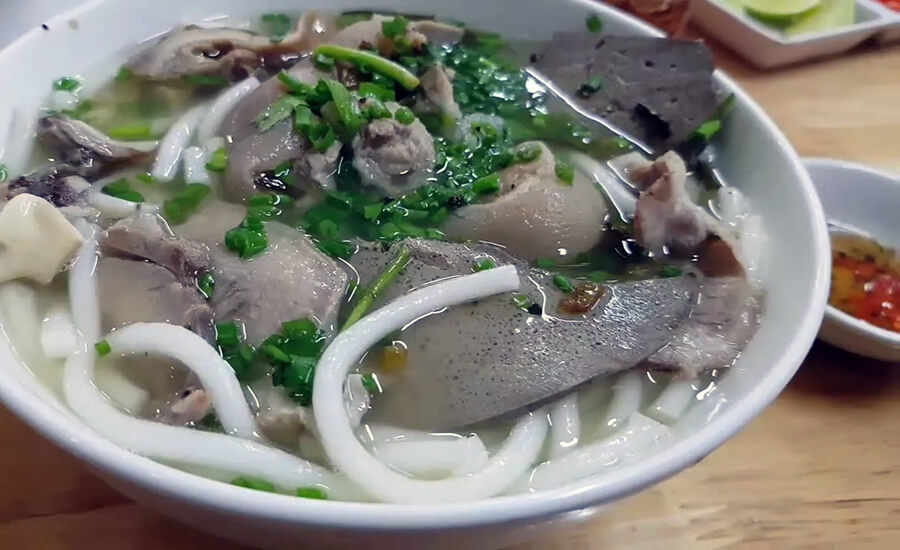
When serving customers, the restaurant adds green onions, fried onions, and pepper to make the dish more appealing. The noodle soup is not served with vegetables, customers mix fish sauce to dip the toppings according to their taste.
Tra Cuon Tet Cake
The name of the cake comes from Tra Cuon hamlet, Kim Hoa commune, Cau Ngang district – a locality with a large Khmer population. Tra Cuon Tet cake is delicious thanks to its ingredients. The sticky rice chosen to wrap the cake is Long An waxy sticky rice, which is sticky and can be preserved for a long time.
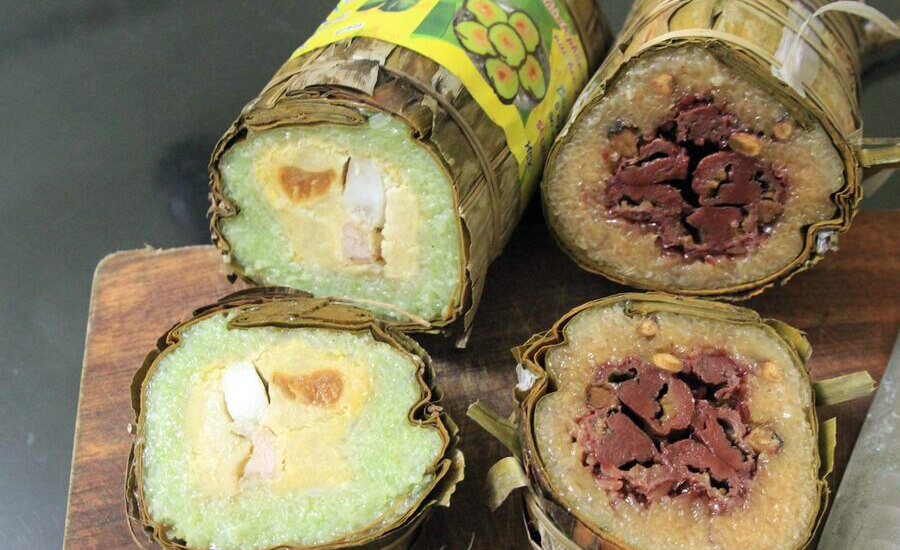
To give the cake a beautiful green color, the maker mixes the soaked and drained sticky rice with spinach juice. The filling consists of steamed and pureed green beans combined with seasoned pork. Many places also add salted eggs to the filling to make it more attractive. The cake is wrapped in banana leaves and cooked for about 10 hours.
In addition to the dishes that can be enjoyed on the spot, visitors who explore Tra Vinh can buy wax coconut, beef sauce, Vinh Kim dried shrimp, fish sauce, flat rice or souvenirs made of bamboo, coconut, and traditional Khmer masks as gifts.
Source: collected by An
Follow us for the best deal with Vietnam package tours and visa services!
